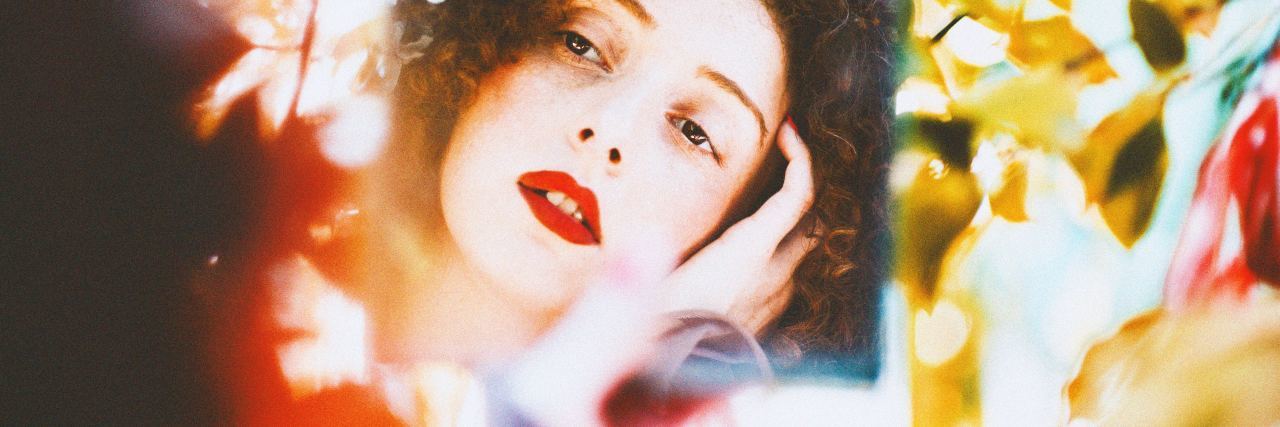How Dissociative Identity Disorder Is Actually Important to Our Identity
I am working on being authentic and practicing vulnerability, yet people say “don’t let your disorder become your identity.” But the disorder — dissociative identity disorder (DID) — is who I am. Sort of. DID is not who I am, but it does explain how I relate to things and why I react to certain things the way I do. If I am to be authentically me and vulnerable with others, it stands to reason that my reality of living with DID and insiders is a part of that authenticity. Trying to be “real” with someone who is not informed or aware of the diagnosis, I am not able to be truly real with them — I am hiding a piece of myself.
It’s similar to a child who begins playing a sport at a young age. They, in some ways, become that sport. They eat, breathe and play football (or any other sport) — in some ways, it becomes their whole world, their identity. But at some point that ceases to be the truth in most cases. Children learn about themselves, their other likes and dislikes and as they grow, football becomes part of them but not their whole world. The problem with this whole scenario is that football is socially acceptable and not fraught with stigma — most children don’t feel the need to hide playing a sport.
Mental illness, on the other hand, is quite the opposite — especially when the diagnosis is not as commonly heard of and definitely not as understood as some others. I’m not saying DID should (or does) bring shame; I’m saying I choose to hide it because people do not understand and stigma really messes with what they think DID “should” look like. We work in the mental health field and are 100 percent sure it would not work out well, to be honest, based solely on stigma. We would not be safe or understood.
If, like a child who starts out living with one reality, I am to find a way to be real and authentic with at least a small number of people, could I then move beyond and see more options of things we like, and then allow DID to become part of who we are, and not all of who we are? Can I go back to just being me — all of me?
We want to hear your story. Become a Mighty contributor here.
Photo by Tiko Giorgadze on Unsplash

